Filter by
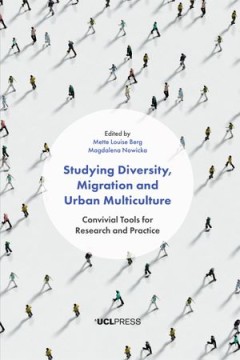
Studying Diversity, Migration and Urban Multiculture
Anti-migrant populism is on the rise across Europe, and diversity and multiculturalism are increasingly presented as threats to social cohesion. Yet diversity is also a mundane social reality in urban neighbourhoods. With this in mind, Studying Diversity, Migration and Urban Multiculture explores how we can live together with and in difference. What is needed for conviviality to emerge and what…
- Edition
- -
- ISBN/ISSN
- 9781787354784
- Collation
- -
- Series Title
- -
- Call Number
- -
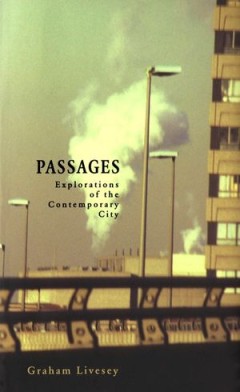
Passages Explorations of the Contemporary City
Informed by the work of writers such as Henri Lefebvre, Paul Ricoeur and Michel de Certeau, this collection of essays examines through multiple lenses eight topics related to the contemporary urban domain. The author employs powerful geographic and literary concepts such as space, narrative, and metaphor to interpret the often-bewildering complexity of the post-modern city. Recalling key aspect…
- Edition
- -
- ISBN/ISSN
- 9781552386750
- Collation
- -
- Series Title
- -
- Call Number
- -

Studying Diversity, Migration and Urban Multiculture
Anti-migrant populism is on the rise across Europe, and diversity and multiculturalism are increasingly presented as threats to social cohesion. Yet diversity is also a mundane social reality in urban neighbourhoods. With this in mind, Studying Diversity, Migration and Urban Multiculture explores how we can live together with and in difference. What is needed for conviviality to emerge and what…
- Edition
- -
- ISBN/ISSN
- 9781787354784
- Collation
- -
- Series Title
- -
- Call Number
- 307.2 STU s
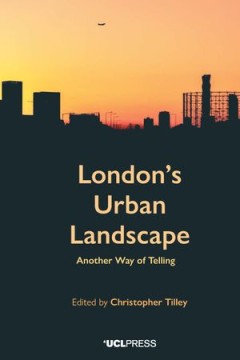
London’s Urban Landscape
London’s Urban Landscape is the first major study of a global city to adopt a materialist perspective and stress the significance of place and the built environment to the urban landscape. Edited by Christopher Tilley, the volume is inspired by phenomenological thinking and presents fine-grained ethnographies of the practices of everyday life in London. In doing so, it charts a unique perspec…
- Edition
- -
- ISBN/ISSN
- 9781787355583
- Collation
- -
- Series Title
- -
- Call Number
- 307.2
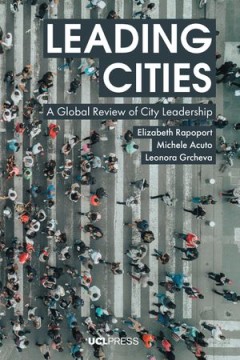
Leading Cities
Leading Cities is a global review of the state of city leadership and urban governance today. Drawing on research into 202 cities in 100 countries, the book provides a broad, international evidence base grounded in the experiences of all types of cities. It offers a scholarly but also practical assessment of how cities are led, what challenges their leaders face, and the ways in which this lead…
- Edition
- -
- ISBN/ISSN
- 9781787355453
- Collation
- -
- Series Title
- -
- Call Number
- 307.2 RAP l
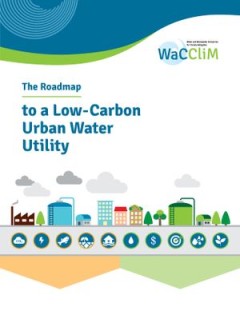
The Roadmap to a Low-Carbon Urban Water Utility: An international guide to th…
The transition to low-carbon urban water utilities is an innovative idea, only embraced by a few forward thinking utilities currently. This roadmap is directed at urban water utility managers in charge of planning future actions, as well as at the stakeholders who will support the utility action plans. Because only a few “early adopters” utilities have embarked on the Low-Carbon transition,…
- Edition
- -
- ISBN/ISSN
- 9781780409924
- Collation
- -
- Series Title
- -
- Call Number
- -
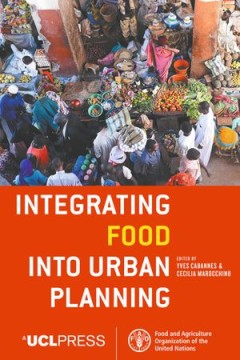
Integrating Food into Urban Planning
The integration of food into urban planning is a crucial and emerging topic. Urban planners, alongside the local and regional authorities that have traditionally been less engaged in food-related issues, are now asked to take a central and active part in understanding how food is produced, processed, packaged, transported, marketed, consumed, disposed of and recycled in our cities. While there …
- Edition
- -
- ISBN/ISSN
- 9781787353763
- Collation
- -
- Series Title
- -
- Call Number
- 320.17 INT i
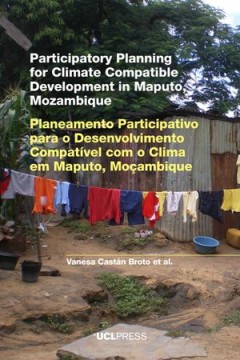
Participatory Planning for Climate Compatible Development in Maputo, Mozambiq…
Participatory Planning for Climate Compatible Development in Maputo, Mozambique is a practitioners’ handbook that builds upon the experience of a pilot project that was awarded the United Nations ‘Lighthouse Activity’ Award. Building upon a long scholarly tradition of participatory planning, this dual-language (English/Portuguese) book addresses crucial questions about the relevance of ci…
- Edition
- -
- ISBN/ISSN
- 9781910634219
- Collation
- -
- Series Title
- -
- Call Number
- 307.2 ALL p
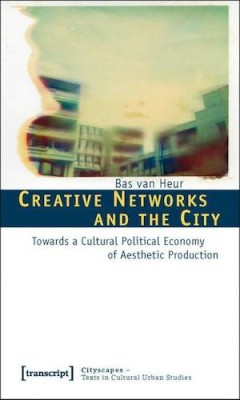
Creative Networks and the City : Towards a Cultural Political Economy of Aest…
This book offers a fundamental contribution to the literature on the creative industries and the knowledge-based economy by focusing on three aspects: urban spaces as key sites of capitalist restructuring, creative industries policies as state technologies aimed at economic exploitation, and the role of networks of aesthetic production in inflecting these tendencies. It simultaneously goes beyo…
- Edition
- -
- ISBN/ISSN
- 9783837613742
- Collation
- -
- Series Title
- -
- Call Number
- -
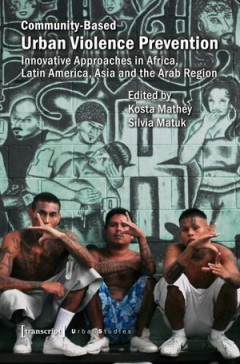
Community-Based Urban Violence Prevention: Innovative Approaches in Africa, …
Urban violence has become a major threat in big cities of the world. Where the orthodox protection through the police and individual target hardening remain inefficient, the population must organize itself. This book contains first-hand accounts on a selection of the most innovative experiences in Africa, Latin America, Asia and the Arab region and is of interest likewise for academics and u…
- Edition
- -
- ISBN/ISSN
- 9783839429907
- Collation
- -
- Series Title
- -
- Call Number
- -
 Computer Science, Information & General Works
Computer Science, Information & General Works  Philosophy & Psychology
Philosophy & Psychology  Religion
Religion  Social Sciences
Social Sciences  Language
Language  Pure Science
Pure Science  Applied Sciences
Applied Sciences  Art & Recreation
Art & Recreation  Literature
Literature  History & Geography
History & Geography